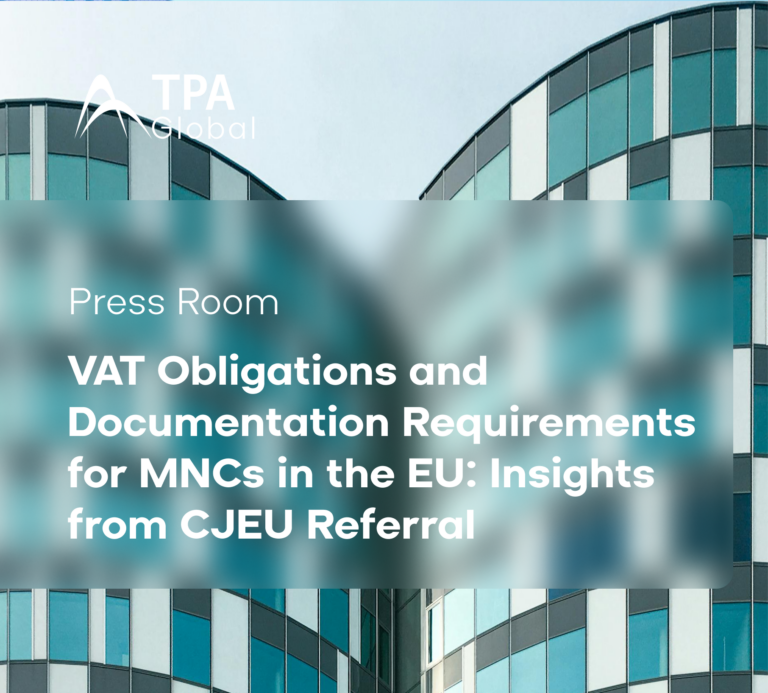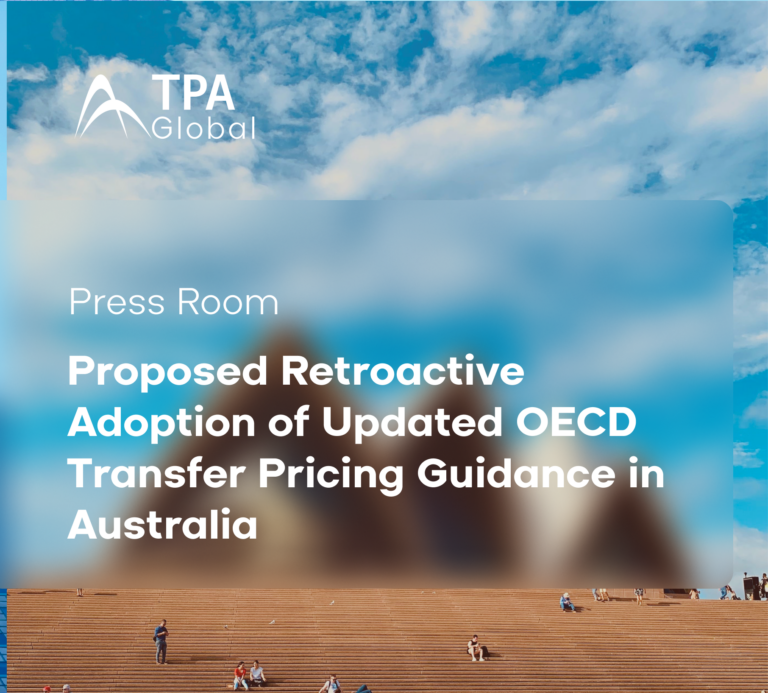Introduction
The 16th plenary meeting of the Organisation for Economic Co-operation and Development (OECD)’s Forum on Tax Administration (FTA), held in Singapore from October 11 to 13, 2023, marked an important moment in global tax governance. Themed “Collaboration and Partnership,” this meeting brought together tax experts and administrators to address key priorities and commitments. In this article, we explore the significant outcomes of this event, with a focus on supporting digital transformation, effective Pillar Two implementation, and capacity building.
The Role of the Forum on Tax Administration (FTA)
The FTA, established in July 2002 by the OECD’s Committee on Fiscal Affairs, serves as a platform for promoting dialogue among tax administrations and identifying best practices in tax governance. The 16th plenary meeting boasted participation from 43 FTA members, including representatives of business and professional entities, making it a crucial forum for collaboration.
Agreed Actions and Commitments
The Statement of outcomes from the 2023 FTA Plenary Meeting outlines three central areas of focus:
- Supporting Digital Transformation of Tax Administration
Recognizing the immense potential of digital transformation, the FTA acknowledges its capacity to yield substantial economic benefits and reduce the compliance burden on taxpayers. According to estimates, a one-percent increase in digitalization can generate over €130 billion in additional revenue. In response, the FTA is set to collaborate with businesses and academics on projects aimed at enabling seamless digital cross-border tax processes. These projects will focus on the interoperability of digital identity, thought leadership development on digital transformation areas, and artificial intelligence.
2. Effective and Consistent Pillar Two Implementation
The implementation of a global minimum tax system, often referred to as Pillar Two, is a complex endeavor. The FTA members discussed the challenges and opportunities associated with this initiative and highlighted the importance of standardized returns for collecting and exchanging Pillar Two information. Moreover, the FTA is committed to publishing a manual on multilateral mutual agreement procedures and advance pricing arrangements. The next FTA Tax Certainty Day, a virtual event, will be held on November 14, 2023.
3. Enhancing Global Capacity Building
Recognizing the need to extend the benefits of its work to all tax administrations, the FTA introduced several capacity-building programs. Notable initiatives include the Knowledge Sharing Network (KSN), a forum for knowledge exchange among FTA members and support for Pillar Two implementation, and the launch of the Tax Inspectors Without Borders program to assist in the digitalization of tax administrations. The FTA also continues to promote the Digital Transformation Maturity Model, the Inventory of Tax Technology Initiatives, and the Knowledge Sharing Platform for Tax Administrations. A new sub-group of the FTA’s Capacity Building Network will focus on long-term bilateral capacity programs.
Future FTA Initiatives
The FTA has set its sights on launching projects related to Tax Administration 3.0 in December 2023, which will further advance the digital transformation of tax administration. The 2024 FTA Plenary Meeting is already on the horizon and is slated to take place in Greece.
Conclusion
The 16th plenary meeting of the FTA showcased the organization’s unwavering commitment to reshaping global tax governance and fostering cooperation between tax administrations. As the world navigates complex tax reforms, digitalization, and the implementation of a global minimum tax system, the FTA remains a central figure in driving progress and supporting tax professionals, businesses, and investors. The outcomes of this meeting lay the foundation for a future where tax administration is more efficient, fair, and globally cohesive.
To keep updated on news, visit our Global News Page.
Don’t miss our most recent updates and articles; follow us on LinkedIn.



